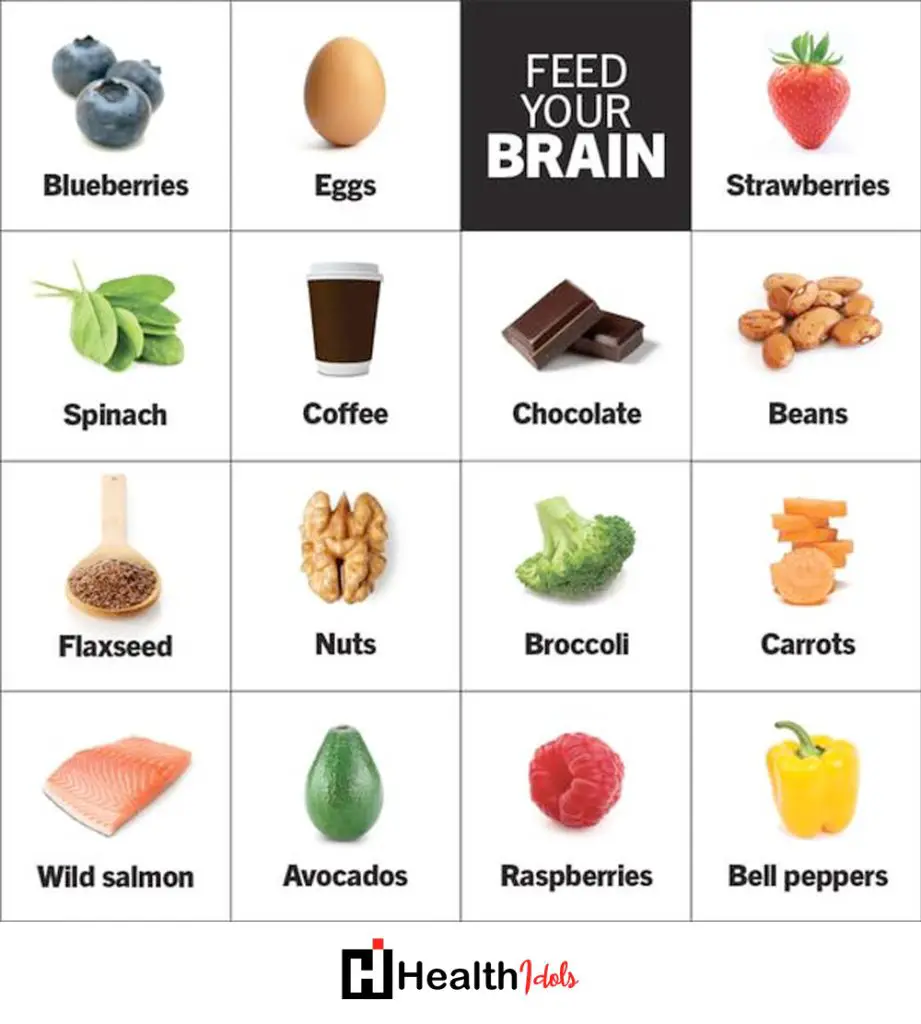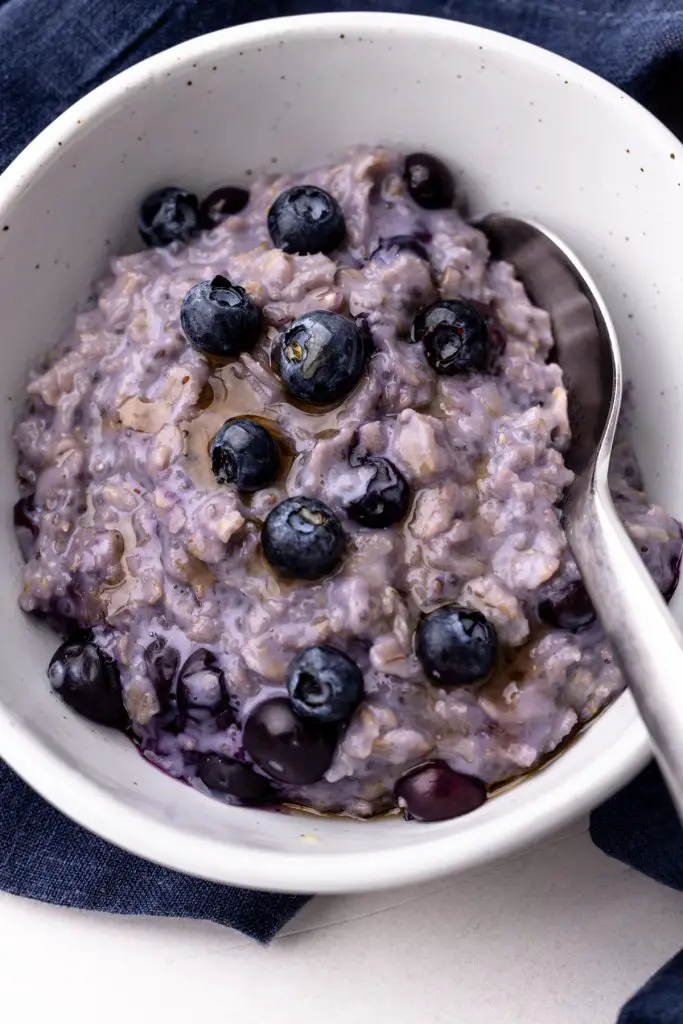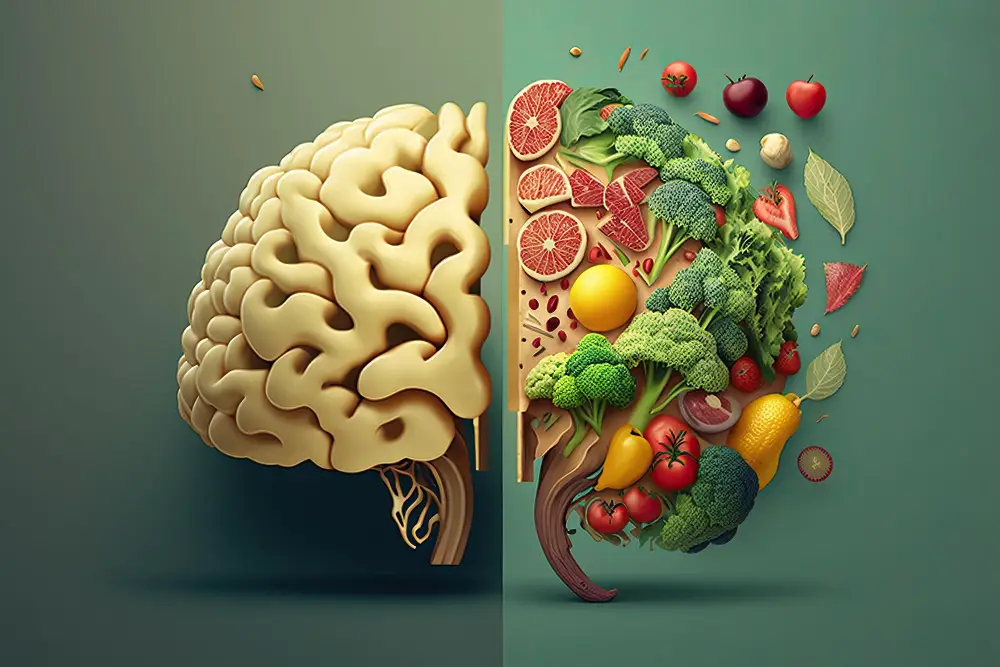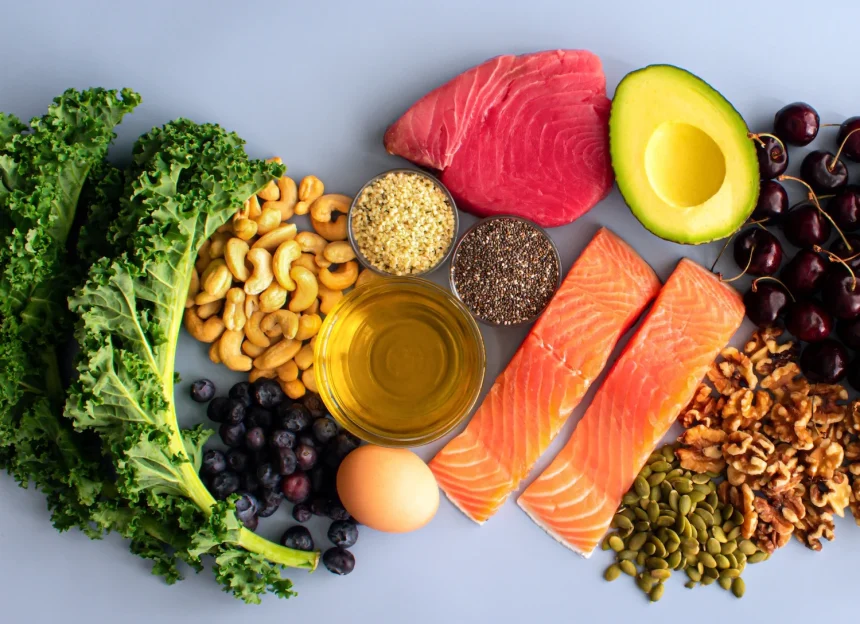Aging is a natural process and since our brains are an integral part of us, making sure of brain health becomes one of the priorities. The MIND diet, abbreviated into Mediterranean-DASH Intervention for Neurodegenerative Delay stands for a kind of a dietary pattern created precisely for the purpose of keeping cognition from deteriorating and cutting the risk of Alzheimer’s disease. The MIND diet meal plan(Mediterranean-DASH intersectional-diet) plan is the combination of two well-known and successful diets named Mediterranean and DASH (Dietary Approaches to Stop Hypertension), supports foods that are rich in the nutrients that are good for the brain. Various studies have shown that a MIND diet meal plan could be top on the lifestyle choices that can allay the inevitable decline of the memory and cognitive abilities as you grow older.
The diet itself is simply the Mediterranean diet with an extra emphasis on brain-healthy foods, such as leafy green vegetables, nuts, berries, beans, whole grains, fish, poultry, olive oil, and wine.
The MIND diet was invented by investigators working in Rush University Medical Center after the data gets gathered from the Rush Memory and aging project. It conducted the long-term study which was focused on the north of dietary patterns in the brain health among seniors. Though a hybrid of the widely known Mediterranean and DASH diet, all of which have been consistently connected with various health benefits, e.g. enhanced cognitive function, the MIND diet is still a diet worth recommending for everyone trying to optimize his overall health.
The crucial concepts of the MIND diet are all about nutrition – they require an emphasis on certain food groups which are rich in nutrients for positive brain health, and they also include a limitation of the foods that may lead to cognitive decline. The diet is about eating lots of green vegetables, nuts, berries, beans, brown rice, fish, chicken, and keeps fat use low, using olive oil where possible. On contrary, it suggests to eat plenty of whole grains, fruits and vegetables, legumes and nuts, fish and fish products, and a low fat dairy foods.
The MIND Diet Food Groups
Brain-Healthy Foods to Emphasise:
- Green leafy vegetables (e.g., spinach, kale, collards)
- Other vegetables
- Nuts
- Berries
- Beans
- Whole grains
- Fish
- Poultry
- Olive oil

Foods to Limit:
- Red meat
- Butter and margarine
- Cheese
- Pastries and sweets
- Fried or fast foods
Research has revealed the MIND diet might drop the possibility of getting Alzheimer’s disease by up to 53% in case someone follows this dietary pattern precisely. People who are in adherence to this regime have a 35% lesser possibility of developing Alzheimer’s when compared with disposition of the syndrome. It is the nutritional components (like flavonoids, vitamin E and omega-3 fatty acids) found in the dietary groups such as fish, whole grains, cereals, fruits, vegetable oil, and tea, that are believed to fight oxidative stress and inflammation, which may cause cognitive problems.
7-Day MIND Diet Meal Plan
Day 1:
Breakfast: Overnight oats with berries, walnuts and chia seeds-as prereserved!
Lunch: Chicken salad with Spinach mesclun, roasted quinoa, and olive oil dressing.
Dinner: Bake some salmon and roast Brussels sprouts with sweet potatoes.
Snacks: Celery sticks with sprouts of beans, a glass full of almonds.
Day 2:
Breakfast: Greek yogurt with some raspberries and blueberries and few granola grains.
Lunch: Soup based on lentils but with a main leafy addition.
Dinner: Assigning this dish, you might need grilled chicken with cooked asparagus on top of the whole wheat pasta which has been mixed with olive oil and garlic.
Snacks: Almond butter on apple slices, a pinch of raw pistachios.
Day 3:
Breakfast: Avocado toast of wholegrain bread topped with a portion of sautéed spinach.
Lunch: Chopped tuna salad with olive oil served over some greens.
Dinner: A vegetarian chili with beans, tomatoes, and bell peppers, can easily be served with brown rice as a quick, healthy, and filling meal.
Snac
Day 4:
Breakfast: There is vegetable omelet that includes spinach, tomatoes, and feta cheese.
Lunch: Seared salmon salad with mixed leaves, quinoa, and balsamic devlaed dressing.
Dinner: Characteristic humble stew of chickpeas cooked in Mediterranean way and served with whole-wheat pita bread.
Snacks: Natural nutrients of carrot and cucumber sticks plus hummus with a palmful of nuts.
Day 5:
Breakfast: Whole-wheat toast served with guacamole (avocado purée) and a pinch chili pepper flakes.
Lunch: Spinach and roasted strawberry salad is a perfect dinner as a main dish with addition of grilled chicken and slivered almonds.
Dinner: Baked cod to pair with the grilled zucchini and quinoa salad could be a healthy choice.
Snacks: Greek yogurt with mixed berries and a couple of cashews for Greek yogurt with mixed berries and a couple of cashews for snacks during the week will boost your energy and keep your eating habits in check.
Day 6:
Breakfast: A bowl of oatmeal with blueberries, cinnamon, and honey thereupon to get a great start of the day.
Lunch: Tortilla Hummus wrap with vegetable filled in a whole grain.
Dinner: Bone broth with steamed sweet potato and red lentil curry sauce on top of brown rice.
Snacks: A workmate of mine once insisted that the magic in our work comes from the healthy snacks we serve to each other, so now we always have a fresh stock of these: pear slices with almond butter, handful of pecans.

Day 7:
Breakfast: Tofu scramble of ripe spinach, mushroom mixed with whole-grain toast.
Lunch: Mixed quinoa with a quinoa and blackbean salad meal and some avocado.
Dinner: Roasted salmon on the grill, with Brusselse her mopping and ripe Sweet potato.
Snacks: Wide variety of snack options for example, apple slices with a dollop of almond butter and a handful of walnuts.
Tips for Following the MIND Diet
- To get prepared, start measuring and prepping your meals and snacks to make sure that you be having the right thing at the right time
- Doing meal Prep on the weekends to have fresh food that will keep for the busy weekdays.
- In restaurants, it is best to check for menus where veggies, grilled fish, or poultry are available and should be on the list of options to order.
- Maintain your body’s water balance by keeping well hydrated by drinking clean water whenever you can.
- Think about the use of a multivitamin daily to fill those vitamin gaps which might remain.
Brain-Boosting Recipes:
- Mediterranean Quinoa Salad This salad is well-known for its high nutritive value. All the brain-healthy vegetables in it are namely: quinoa, spinach, tomatoes, olives, and olive oil.
- Blueberry Baked Oatmeal Kick start your day by having a dose of the beneficial antioxidant from fresh blueberries. This irresistible dish definitely deserve a position in your breakfast menu.
- Lemon Dill Salmon A piece of salmon is full of the much needed omega-3 fatty acids which are to be found in the brain and the whole body. This perfectly baked lemon dill salmon entails a genius way of including fish into your daily diet because it is a really delicious and simple recipe.
- Spinach and Walnut Pesto – Brilliant Green One would find spinach and walnut infusion with olive oil a great way to toss pasta with whole grain or as spread on sandwiches or toast due to spectacular nutrient density.
- Avocado and Black Bean Salad Mixed with avocado, black beans, tomatoes and red onion, this a filling bowl of protein, fiber, good fat, and antioxidants are packed.
- The Benefits of the MIND Diet:The Benefits of the MIND Diet:
- Aside from Alzheimer’s prevention and cognitive decline reduction, the Mediterranean and Dash diet, or MIND, diet has additional health advantages. At the heart of it all, a diet that puts its focus on plant based foods, whole grains and healthy fat, such as olive oil, would adopt the principle of the Mediterranean Diet which is associated with a lower risk of heart disease, type 2 diabetes and certain cancers.
Additionally to anti-inflammatory foods presented, the MIND diet is abundant in this substances. Chronic inflammation might be one of the factors under the age-related diseases category. On the other hand, fiber-rich diet and consuming nutrient-filled foods may help to increase the rate at which the body adds weight as well as improving the health well being of the body.

Conclusion:
With the MIND diet meal plan the support of brain health becomes a reality for you as you advance in age in a very easy and a tasty way. Through educating about nutrient rich excising like green vegetables, berries, nuts, beans, and fish the results achieved are healthy fats which are unprocessed and having them limit to protect your brain from damage to function optimally.
As no one nutritional approach may offer complete protection against cognitive decline or Alzheimer’s disease, the strong health-related research behind the implementation of the MIND diet indicates that following this type of diet may be a highly effective way in maintaining brain health and preventing other degenerative brain diseases.
Following the MIND diet principles in your diet isn’t an impossible task because it is not complicated or does not lead to deprivation. With a bit of foresight and knowledge about brain power foods you can marinate mouthful selection of food that will suppress your sensuality and mentally making it nutritious for your health. Making sure your diet is balanced enough to provide a lot of different whole, nutrient-rich foods is a cognitive well-being and overall health investment for the long term.


